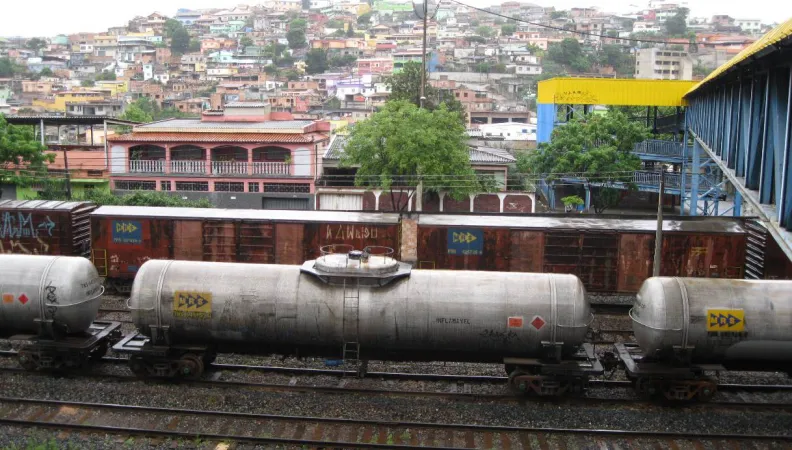Share the page
Promoting sustainable development and citizen-based management
Project


-
Project start date
-
Status
Ongoing
-
Project duration
-
20 years
-
AFD financing amount
-
300000000 €
-
Country and region
-
Location
-
Minas Gerais
-
Type of financing
-
Beneficiaries
-
State of Minas Gerais
AFD has supported the State of Minas Gerais for its ambitious program to reduce regional and social inequalities. It is accompanied by a partnership already established with the Hauts-de-France Region, which focuses specially on climate-related challenges.
Context
The State of Minas Gerais is a condensed version of Brazil: it is marked by strong inequalities between the south of its territory, which is industrial and well integrated, and the north, which is poorer and rural, with a situation quite comparable to Northeast region of Brazil. With the aim of eradicating extreme poverty and reducing inequalities in five years. It focuses on providing universal access to essential public services: electricity, drinking water, mains drainage, household waste collection and treatment, housing, and education and health for the poorest.
AFD has supported this initiative by allocating budget financing to support the State’s “citizen-based management” multi-year action plan, combined with a technical cooperation program with the Hauts-de-France Region, which focus on the topics of territorial development, urban mobility and climate.
Description
The program comprised 11 projects, during the period 2012-2015, in several key sectors: connection of people to the water and sewer networks, development of household waste sorting, recycling and re-use, access to social housing, electrification in remote rural areas. An innovative initiative called “Travessia” focused on a quick and crosscutting intervention when areas of extreme hardship are identified (construction of public facilities, health, incentives for sending children to school and vocational training).
The AFD loan also allowed the State of Minas Gerais to pay off a longstanding debt to the main electricity company (CEMIG), which was a burden on local finances. The operation has freed up scope for action for the implementation of these public policies. In addition, a technical cooperation program promoting French know-how targets the reconversion of industrial and mining sites, urban mobility and the climate-energy strategy. It associates the Hauts-de-France Region.
Impacts
- More than 1 million additional households benefited from drinking water distribution and wastewater collection and treatment systems;
- 59 municipalities have implemented a sellective waste collection system; Over 300 municipalites benefited from the “Travessia” poverty reduction program;
- More than 8,000 social housing units built; Over 10,000 rural households connected to the power grid;
- The retention basins built in the parks also play an strategic role in limiting the flooding risks.


